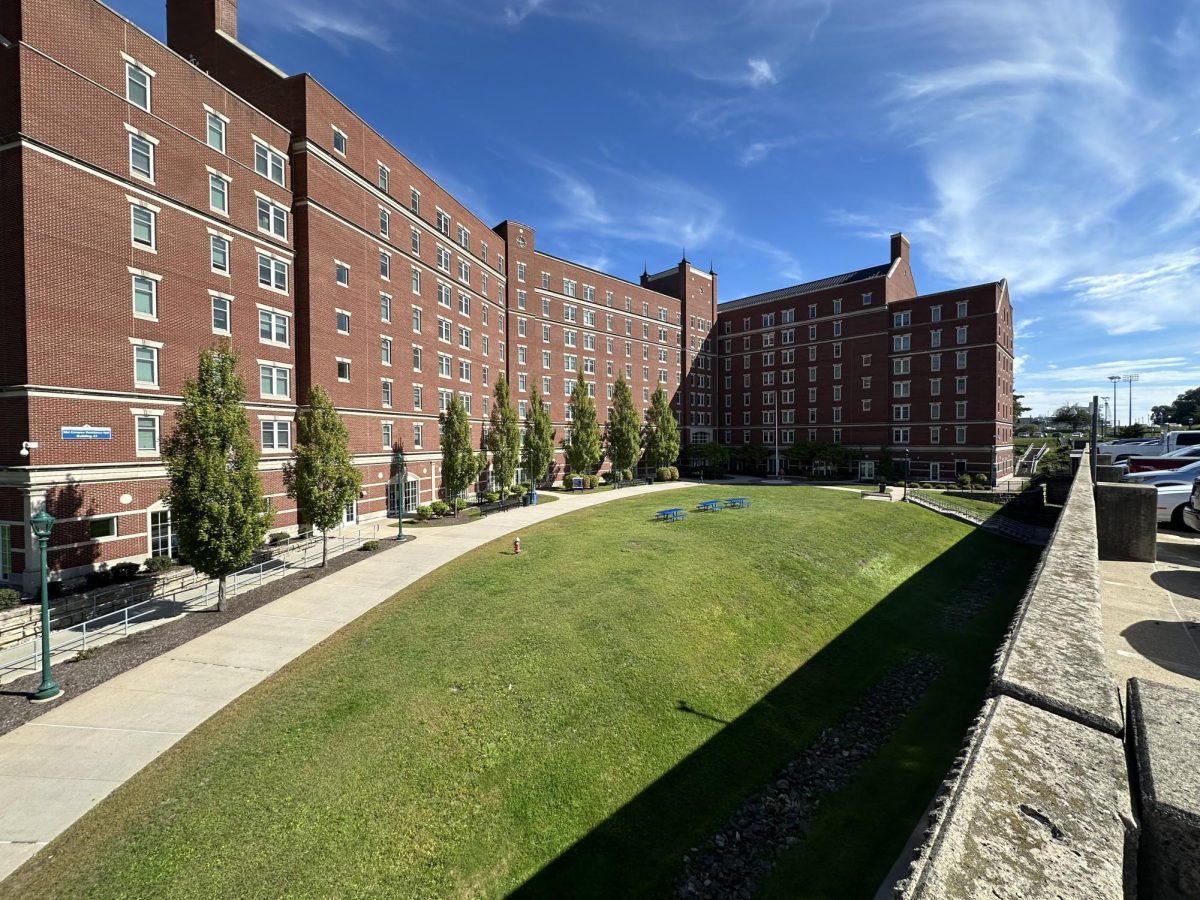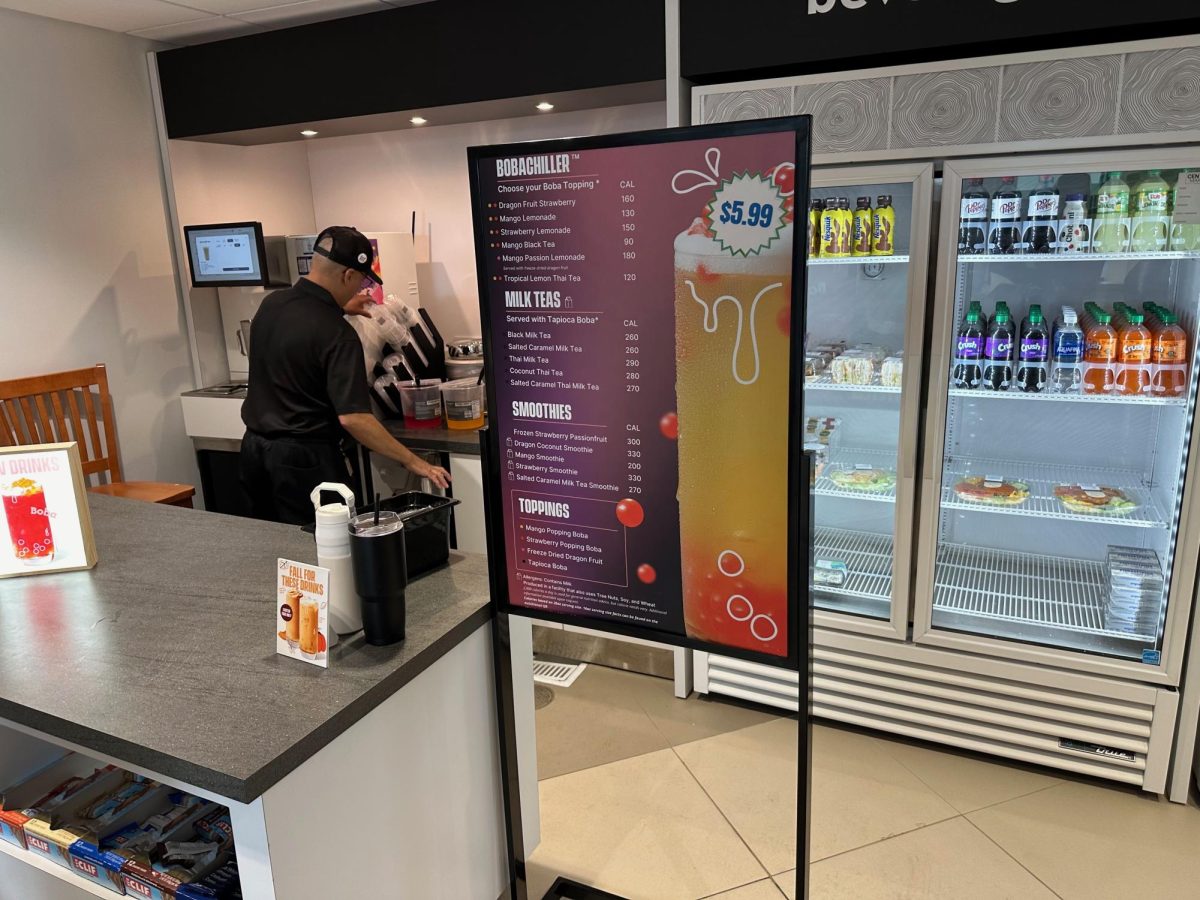By Kassondra Granata
New Britain resident Mariano Cardoso had been facing the threat of deportation for the better part of 2011.
Last week, the Department of Homeland Security granted the 23-year-old Capital Community College student a stay of deportation, a result that likely wouldn’t have been achieved without the support Cardoso received from Governor Dannel Malloy, state senators and the local community, including the CCSU chapter of the Latin American Student Organization.
Cardoso arrived in the country from Mexico when he was 22 months old. He spent the early parts of his life growing up in Bronx, N.Y. before calling New Britain home for the last 10 years. Cardoso plans to graduate from Capital Community College in a month with a liberal arts degree and dreams of becoming a math teacher or engineer.
His troubles began in 2008 when he was picked up at his uncle’s house by immigration agents looking for another person. In February, he received a letter warning him of deportation.
Cardoso tried to fight the case alone before reaching out to the community and groups like LASO for help. Upon hearing his case, LASO knew that it was their job to help.
“This is what LASO is here for,” said Molly McLaughlin, vice president of CCSU LASO. “We support them and we’re family.”
McLaughlin said that Cardoso’s situation is the most controversial that she has seen thus far.
“It’s interesting that this is happening in our own backyard and so many people are unaware of this and the DREAM Act,” said McLaughlin. “We’re trying to bring awareness to our community.”
The Development, Relief and Education for Alien Minors, or DREAM Act, is a bill that was first introduced in Congress in 2001 that would protect undocumented students in the U.S.
“At this time in our constitution and legislation we don’t have any rights that protect undocumented students,” said McLaughlin.
LASO has recently increased their efforts to get this bill passed ever since Cardoso has come in the picture. The group began their efforts by talking to faculty and people around campus. McLaughlin also took efforts of her own by writing a letter to congress in regards to the DREAM Act. So far, McLaughlin has collected over 200 signatures from students and faculty in support of the DREAM Act and is hoping to send it to Congress with a cover letter.
“It’s a letter to the president and Congress to pass the DREAM Act because there are so many other students going through this like Mariano,” said McLaughlin.
All the hard work eventually paid off and media exposure lead to Malloy giving his full support to Cardoso. Malloy went public on April 20 supporting Cardoso’s case in a letter to the Department of Homeland Security.
“For all intents and purposes, Mariano is American,” said Malloy in his letter. “To send him back to a country he has no recollection of and did not grow up in makes little sense, particularly as he is finishing his degree and looking to contribute to his community and this state.”
Malloy also expressed his support for the DREAM Act.
“I strongly support the efforts of Congress in considering the Development, Relief and Education for Alien Minors that would providence individuals like Mariano the opportunity to apply for temporary legal status and eventually permanent legal status and citizenship,” said Malloy in his letter. “Even if the DREAM Act were eventually approved, however, it would not become effective in time to assist Mariano.”
Senator Richard Blumenthal also called on officials to defer the deportation of Cardoso and to give his support for the DREAM Act. Blumenthal mentioned Cardoso in his statements and stated that he is going to find ways to assist Cardoso in his efforts.
“This decision is right for Mariano – and right for America – in light of his roots in the community and his future contributions to our society,” said Blumenthal in his statement announcing the stay that was granted. “I am thrilled with the Department of Homeland Security’s decision to grant Mariano Cardoso a stay of removal, renewable each year, so that he can remain in the only country he has ever known. Mariano is a promising young man with a bright future, and DHS’ swift action on this issue ensures that he will be able to continue contributing to his community.”
“I gained support that I wasn’t expecting,” Cardoso said at a panel discussing deportation held at CCSU last Wednesday. “The governor and Senator [Richard] Blumenthal spoke on my behalf and it’s an honor.”
Cardoso expressed his gratitude towards LASO and all of the support he received from students and those who have helped him try to solve this issue.
“So far I have much to learn and my goal is to meet with as many people as I can,” Cardoso said. “I know I have a lot of people to support me and with that in mind, I have something to strive with.”
At the panel the audience asked Cardoso about his experience with immigration and the threat of deportation, the response he’s received from the community and the support he has gained by addressing the public with his issue.
Vivian Nowakowski, a New Britain resident, had a similar story to share at the panel. In 2008, her husband was deported. Nowakowski explained her grief and the efforts that she made to get him back. Her husband was eventually able to return to the country.
“If anyone has a voice and they could help or know anyone else that could they must contact someone because this is a horrible, horrible thing,” said Nowakowski.
The DREAM Act was passed by the House of Representatives towards the end of 2010 with 55 yes votes and 41 no votes, but failed to reach the 60-vote threshold needed for it to pass the Senate.


